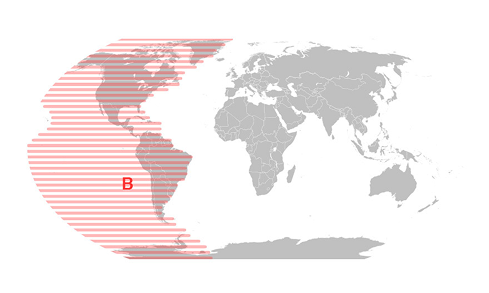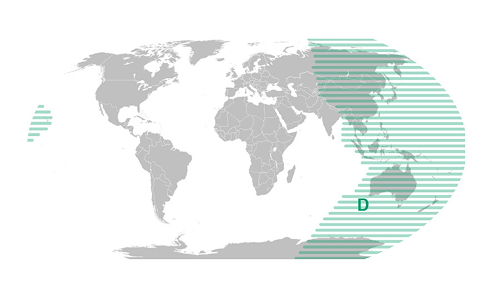
Recently, I had a very candid conversation with a 17-year-old male about what it’s like to feel lonely and what makes him lonely. He said he doesn’t feel lonely very often because as soon as he does, he takes out his phone to look at it. He said that it probably wasn’t a good thing to do but he seemed to do it often anyway. “I check my phone all the time. Like, I’ll just be sitting there and I’ll feel this need to pull it out and see if anyone has sent me anything. If I see that there’s a notification, I’ll feel great! Like I matter. If there aren’t any notifications, then I feel awful about myself. I know I shouldn’t base how I feel abut myself on whether or not someone has sent me anything, but I do.” He went on, “I mostly use SnapChat. It’s stupid really. I’ll take a picture of my face and send it to thirty people. Then some of them will take a picture of their faces and send it back to me. If I get a couple back, I feel awesome. But it’s dumb, we’re just all sitting alone, sending each other pictures of our faces.” We sat quietly for a moment because I was struck by how profound his words were and how accurately he described the bind of the connection-not-connection that technology seems to offer us. Then I asked him, “what do you suppose would be different about your life if you could look up from your phone and see someone’s face in real life… someone who showed you how glad they were to see you?” He hesitated because he didn’t have an answer at first. Then he said, “I think I’d be…. happier.” In that moment, I realized that even though technology has offered us many advantages, humans have stopped looking at each other as often. We have eye contact that is filtered through our screens and we are missing out on the information we receive when we look at real-time, live, in-person faces. Technology has diluted the power of connection. Our children are hardwired to look at our faces thousands of times each day. It gives them information about who they are, what they are worth, if they are loved, if they are a priority. Eye contact, delight and responsiveness create brains that are primed for security, confidence and optimism. When our children don’t have access to our real-time, live, in-person face, they will make do with technology. They will turn to phones, computers and tablets to fill the gap that is missing from a present and interactive relationship. Technology doesn’t fill the void completely…. but something is better than nothing. As parents, we are going to, of course, be distracted often. Work, chores, meals, bills and other commitments will have to take priority at certain times every day. I wonder, though, how often my children look at my face while I am busy looking a screen. I wonder how many times they tried to get connected with me but I didn’t respond. I wonder how many times they walked away and used something else to fill the void that I unintentionally created in that moment. I wonder how many times I have looked at my phone when I felt lonely. I wonder how many times I haven’t even noticed. I wonder if I would feel happier too if I engaged with my phone less and people more.







